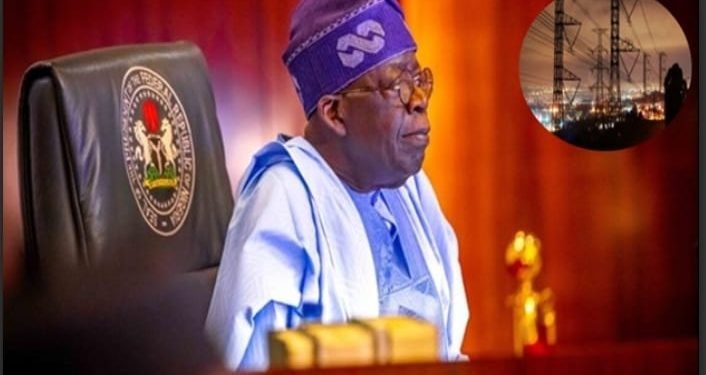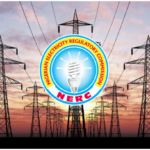On Friday, 9th June, President Bola Tinubu signed the electricity act 2023 into law, paving the way for States, companies and individuals to generate, transmit and distribute electricity.
Read also; Tinubu is my president, never knew he’s so intelligent – Abia Labour Party Rep-elect
The senate had in July 2022 passed the electricity bill to solve the challenges of the electricity sector in Nigeria.
The Act coming in the heels of constitutional amendment bills signed into law by past President Muhammadu Buhari.
In March, Investogist reported that President Muhammadu Buhari has signed 16 constitutional amendment bills into law, amongst the bills are financial independence of state legislatures and judiciary and the removal of railway, prison, and electricity from the exclusive legislative list to the concurrent list.
.The Electricity Constitutional Amendment effectively alters the
Constitution of the Federal Republic of Nigeria 1999 (as amended) to empower States within the Federation to make laws with respect to the generation, transmission, and distribution of electricity in areas covered by the national grid system within the relevant State.
The new electricity law signed by President Tinubu repeals the Electricity and Power Sector Reform Act (EPSRA) of 2005 signed by President Olusegun Obasanjo and consolidates the laws relating to the Nigerian Electricity Supply Industry (NESI).
It provides a framework for the improvement of access to electricity in rural, unserved, underserved, peri-urban and urban areas through the use of conventional sources and renewable energy off-grid and mini-grid solutions.
Consequently, states have been granted constitutional authority to enact laws that allow them to generate, distribute, and transport electricity within its boundaries, including territories formerly covered only by the national grid.
Under the law, states would be able to issue licenses to private investors who have the ability to operate mini-grids and power plants, but such licenses would not apply to the distribution of electricity between states or internationally.
According to the electricity act, until a state has passed its electricity market laws, the Nigerian Electricity Regulatory Commission (NERC) will continue to regulate electricity business exclusively carried out in those states.
In an interactive session with traditional rulers on Friday, President Bola Tinubu stated that the constitutional amendment permits Nigeria’s 36 states to generate electricity.
‘‘That’s devolution of power and that should be our contribution to the developmental projects you are looking for and we will continue in ways that will help our people,’’ Mr Tinubu was quoted as saying.
To fully actualise the objectives of the objectives of the new law and constitutional amendments, States must first of all, enact their own enabling laws or amend existing ones.
Lagos State has already enacted the Lagos State Electric Power Sector Reform Law 2018, and issued the Lagos State Electricity Policy 2021.
Secondly, States have to create their own electricity markets, they will take useful lessons from the challenges and mistakes made in the NESI and create the enabling platform to engender investor confidence and unlock investments.
Thirdly, States efforts in attracting funding and investors into the state electricity markets through appropriate support and incentives will be key.
Nnamdi Maduakor is a Writer, Investor and Entrepreneur





















































